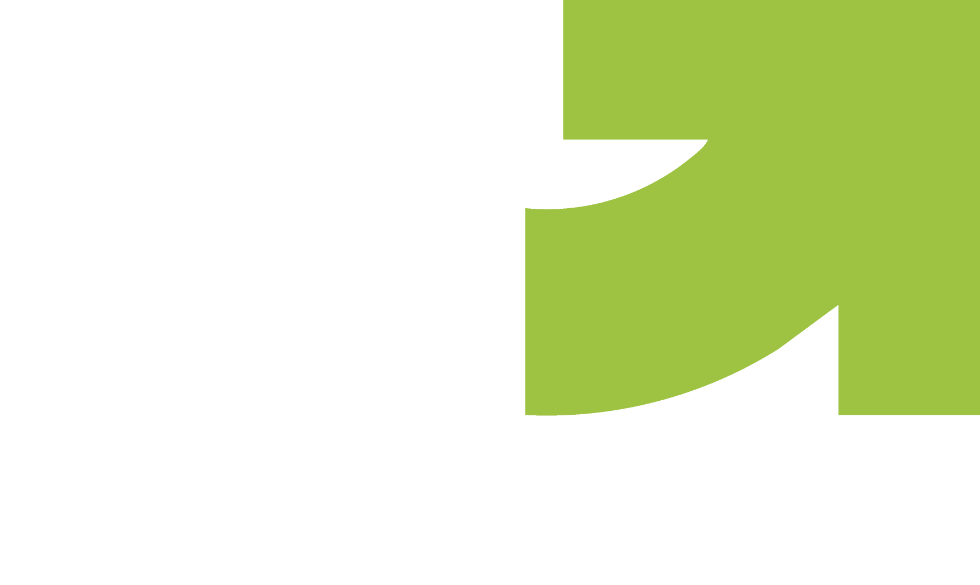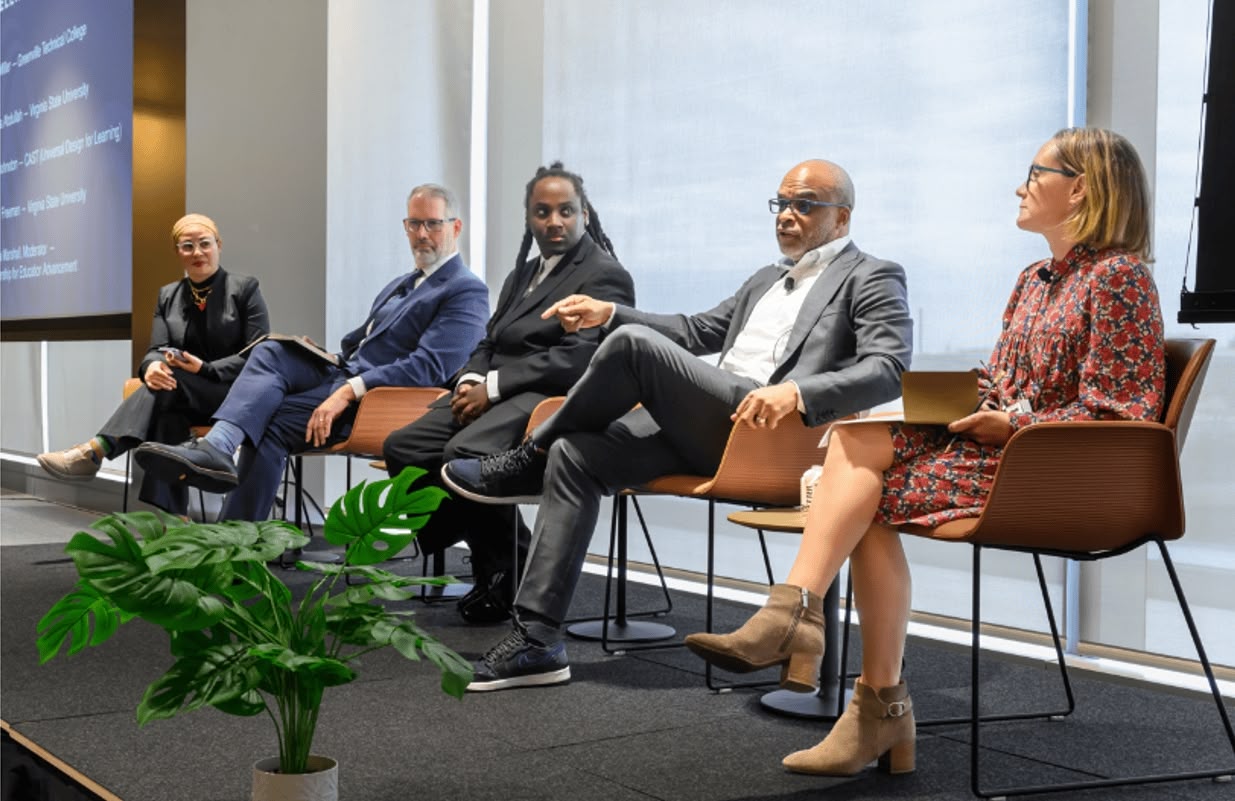From Access to Impact, the second-annual AI & Education convening hosted by Ed Advancement, Axim Collaborative, and Complete College America, was held Oct. 28 – 29, 2024, at the Harvard Graduate School of Education and the MIT Schwarzman College of Computing in Cambridge, Massachusetts.
This informative, dynamic gathering brought together 160 attendees – including luminaries like Dr. John King, former Secretary of Education and current Chancellor of the State University of New York, college and system presidents, innovators in the fields of technology and higher education, and students – to discuss the benefits and challenges of integrating Artificial Intelligence (AI) in higher education.
“Since ChatGPT’s public release, AI has played a role in so many of the conversations we’ve had with our institutional partners, as well as with other partners here today,” noted Jim Runcie, CEO and co-founder, Ed Advancement, during his remarks at the convening. “And, yet, we’re still learning constantly about AI’s opportunities and limitations related to our work strengthening mission-focused colleges and universities that primarily serve low-income, first generation, and under-resourced students.”
As the event co-host, Ed Advancement played a leading role in identifying session topics as well as planning the conference agenda, which focused on the equitable use of AI. Over the course of two days, engaging panels and intimate workshops fostered lively discussions and offered valuable insights on such topics as improving access to resources, navigating the rapid pace of change, and accelerating student success.
With the expertise to address these topics, Ed Advancement team members and partners, including representatives from Alabama State University, Florida A&M University, Grambling State University, Jackson State University, South Carolina State University, the University of Louisiana System, and Virginia State University, offered thoughtful discourse on the inclusive use of AI and how it must be employed to benefit — and not to harm — minority-serving institutions and their students.
“I use a three-point checklist,” explained President Rick Gallot Jr., of the University of Louisiana System, who led the panel, titled “AI as a Catalyst — Increasing Access, Learning, Completion.” “I ask myself: Is it good for my students? Is it good for my university? Is it sustainable? If we can make sure all benefit from its use and it’s sustainable, then the answer is yes.”
At each panel and workshop, students played a prominent role, actively contributing to conversations and giving their nuanced perspective on the issues impacting them every day.
“At my school, and at everyone’s school, there are students who are interested in getting more information and communicating more, but they need help seeking the right resources,” explained President Makola M. Abdullah, of Virginia State University, who spoke during the panel, titled “Accelerating Student Success — Retention, Completion, and Access to Careers.”
“Today’s students want the same kind of service that they get from Netflix from their colleges and universities — technology that anticipates what they like, what they want, and when they need it,” offered Cecilia Marshall, director of external partnerships, Ed Advancement, who moderated the student success panel. “Their expectations need to be met, and can be, with the thoughtful use of AI by their institutions.”
By sharing diverse viewpoints and working collaboratively throughout the convening, attendees concluded that equity and coalition building are critical as we head toward a future where AI will transform higher education.

